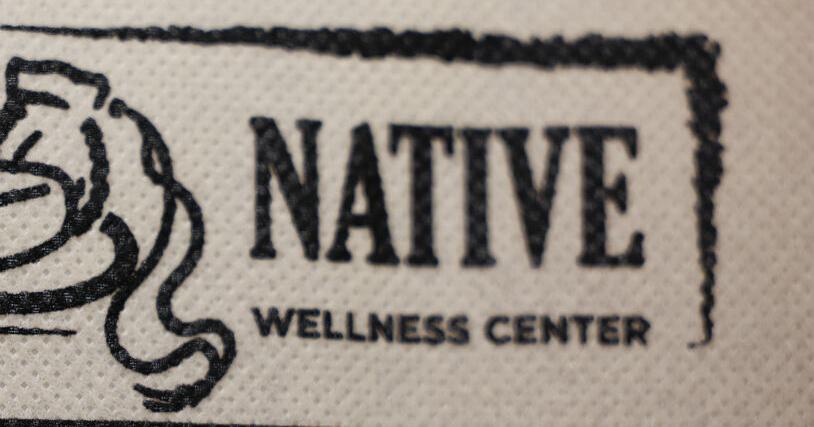History records that Sacagawea, a Shoshone woman, was a skilled food gatherer. She dug with sharp sticks to harvest prairie turnips, wild artichokes and wild licorice.
The Native Americans who encountered the Corps of Discovery were generally hospitable to the white men and the one enslaved African-American traveling with Meriwether Lewis and William Clark.
These Indigenous peoples could not know then that the expedition would open the door in the years ahead to radical encounters with death, cultural dismantling, bison slaughter and forced dependence on government rations instead of the healthier hunter-gatherer foods to which they were accustomed.
Today, Native Americans and Alaska Natives suffer from high rates of obesity and diabetes.
The Butte Native Wellness Center on East Galena Street received a $10,000 grant in November 2023 from the First Nations Development Institute to distribute at least 500 Indigenous meal kits, totaling at least 5,000 pounds of food, by September.

Meal kits comprised of Indigenous-inspired foods are seen packed on a table on Wednesday, March 13, 2024, at the Butte Native Wellness Center.
The center distributes free Indigenous-inspired meal kits on Thursdays. There are no eligibility requirements and the meal kits are available — first-come, first-served — to both Native and non-Native families.
The kits include ingredients indigenous to the Americas and generally do not include salt, white sugar, white flour or dairy. Kit contents can yield recipes suitable for people with diabetes, pre-diabetes and other chronic illnesses.
Aimee Velk, a registered dietician and nutritionist, and Phoebe DeLucco, a community outreach specialist, are among the staff shepherding the meal kits program at the Butte Native Wellness Center.

Aimee Velk, a registered dietician, nutritionist for the Butte Native Wellness Center, sits for a portrait on Wednesday, March 13, 2024, in the lobby of the facility on East Galena Street.
Earlier this month, DeLucco said the center had provided 1,037 pounds of food in 98 meal kits to 52 households since Jan. 24.
When bison from the Blackfeet Nation, lake trout from Native Fish Keepers and wild rice from the Red Lake Nation in Minnesota are available they’re included. And popular, Velk said.
The meal kits assembled March 13 for distribution the next day included 1 pound of ground turkey, two green bell peppers, a 3-pound bag of apples, quinoa, an onion, diced tomatoes, low-sodium chicken broth and more.
The kits also incorporate compostable containers from EcoMontana.
Efforts to save or restore foundational elements of Native American culture that were diminished or lost to centuries of oppression include the food sovereignty movement.
Advocates observe that restoring indigenous foods is necessary for the continued survival and well-being of Native peoples and the Earth.

The logo for the Butte Native Wellness Center is seen on a meal kit packed with Indigenous-inspired foods on Wednesday, March 13, 2024.
The Howard University School of Law published a brief history of civil rights during what it described as the Reservation Era, from 1850-1887.
“Assimilation tactics, such as creating a dependence on food rations, kidnapping and enrolling Indian children in boarding schools, and punishing the use of Native languages, began to become commonplace in tribal communities. The impacts of this era on Native culture have been devastating and reaches well into modernity,” the history observes.
As do efforts to support and embrace what can be preserved and reclaimed.
The Butte Native Wellness Center distributes the Indigenous meal kits on Thursdays, 9 a.m. to 5 p.m., or until the kits prepared for that day are gone. The center is closed from noon to 1 p.m. The kits are free and distribution is first-come, first-served. The center is at 55 E. Galena St., Uptown Butte.
link

